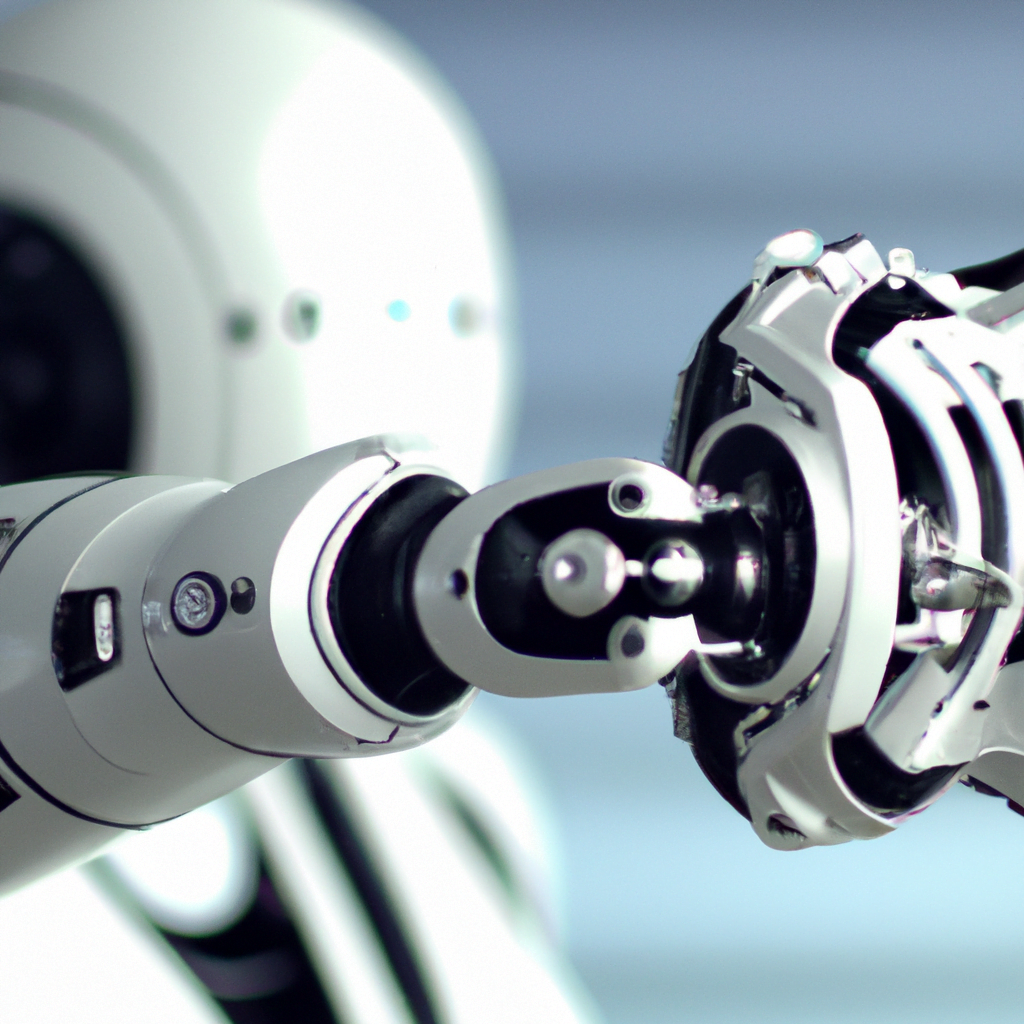The intersection of AI and social emotional learning
Artificial intelligence (AI) has become an increasingly important part of our lives, with applications ranging from virtual assistants to self-driving cars. However, as AI continues to become more prevalent, it is important to consider how it can be used to promote social emotional learning (SEL).
What is Social Emotional Learning?
Social emotional learning (SEL) is the process by which individuals develop the skills to understand and manage their emotions, build positive relationships, and make responsible decisions. SEL is crucial for personal development and is also important for success in academic and professional settings.

How Can AI Help with SEL?
There are several ways that AI can help with SEL:
Personalized Learning: AI can be used to create personalized learning experiences for students that are tailored to their individual needs and interests. This can help students to engage more deeply with the material and to develop a greater sense of ownership over their learning.
Emotional Support: AI can be used to provide emotional support to students who may be struggling with their emotions. For example, chatbots can be programmed to provide empathetic responses and to offer suggestions for coping strategies.
Data Analysis: AI can be used to analyze data about student behavior and performance, which can help educators to identify patterns and make informed decisions about how to support students.
Feedback: AI can be used to provide feedback to students that is timely, objective, and actionable. This can help students to understand their strengths and weaknesses and to make meaningful improvements.
Social Skills Development: AI can be used to simulate social interactions and to provide opportunities for students to practice social skills in a safe and controlled environment.
Potential Challenges and Concerns
While AI has the potential to be a valuable tool for promoting SEL, there are also some potential challenges and concerns that need to be addressed:
Privacy and Security: AI systems may collect sensitive data about students, which raises concerns about privacy and security.
Bias: AI systems may be biased in ways that reinforce existing stereotypes and inequalities. This can have negative consequences for students who belong to marginalized groups.
Overreliance on Technology: There is a risk that educators may become overly reliant on AI systems and neglect other important aspects of SEL.
Conclusion
In conclusion, AI has the potential to be a valuable tool for promoting social emotional learning. By creating personalized learning experiences, providing emotional support, analyzing data, providing feedback, and simulating social interactions, AI can help students to develop the skills they need to succeed in school and beyond. However, it is important to be aware of the potential challenges and concerns associated with AI and to take steps to address them.






